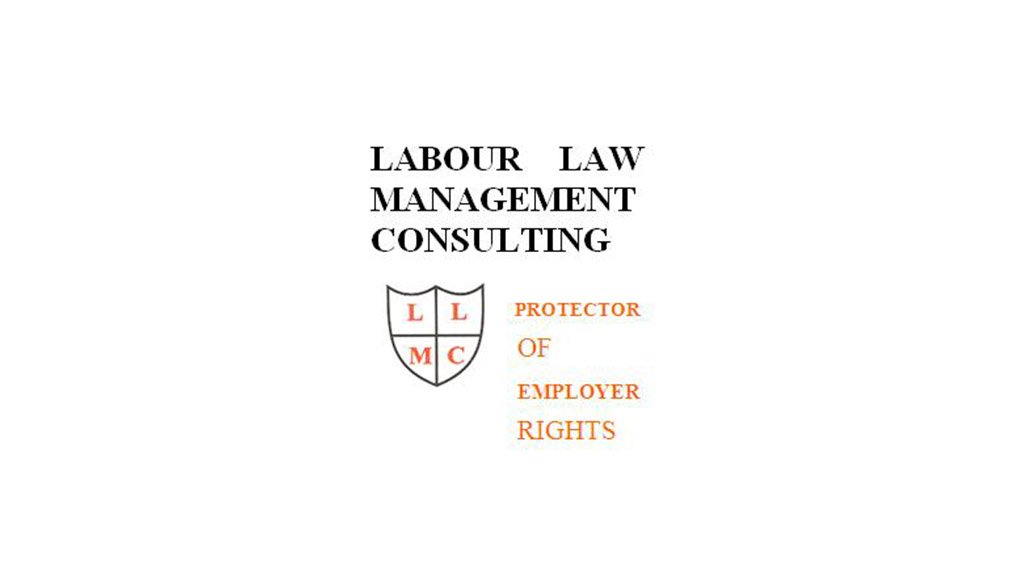The courts are required to ask three key questions when deciding whether a retrenchment is fair:
- Did the employer follow the statutory retrenchment consultation procedure ?
- Did the employer apply legally acceptable criteria for deciding on which employees to retrench?
- Did the employer have a genuine and fair operational reason for deciding that retrenchments were necessary?
The courts are putting more and more onus on employers to provide good reasons for retrenching employees. For example, in the case of FAWU vs SA Breweries Ltd (Contemporary Labour Law Vol 14 No. 2 September 2004) the employer retrenched employees after a major reorganisation in the way that work was done. This change required that production employees would need to be able to perform a much wider variety of work than previously. In order to establish whether these employees had the required skills to work in the changed jobs the employer applied, amongst others, the ‘ABET test’. That is, in the absence of other suitable educational qualifications, the employer tested the employees to assess their levels of at Adult Basic Education and Training (ABET). Certain employees who failed these tests were selected for retrenchment.
The Labour Court found that:
- Retrenchment has a “.. deleterious impact on the life of workers and their families …” and can be seen as a “death penalty”
- Therefore an employer contemplating retrenchments must be able to prove that such dismissals were implemented as “a last resort”
- And if there was a viable alternative to retrenchments the employer is obliged to implement it
- SAB acted unilaterally in applying the ABET levels
- These ABET levels were not a valid test of the retrenchees’ ability to work in the newly created jobs. This is because ABET measures more general abilities rather than the specific skills required for the specific jobs in question. The employees’ experience should also be taken into account in assessing their suitability for the jobs.
- SAB did not argue that it did not have the funds to devise a valid and appropriate test to assess the suitability of the employees for the newly created positions. The employer therefore could have and should have had such appropriate tests designed.
- The retrenchees had long service
- Due to apartheid the employees’ only schooling option had been “Bantu education”
- SAB had not taken adequate steps to assist the employees to obtain the desired ABET skills levels
- SAB had been inflexible as regards the consultation process.
- The retrenchments of these employees was unfair both procedurally and substantively (i.e. was for unfair reasons).
In the case of Pedzinski vs Andisa Securities (Pty) Ltd (2006, 2 BLLR 184) the employer retrenched Pedzinski citing operational requirements. However, the Labour Court found that:
- The reason given by the employer for the retrenchment was bogus
- Pedzinski had reported the employer to seniors in the group of companies for irregular share trading activities
- The retrenchment was false means of getting rid of Pedzinski in retaliation for the report he had made
- Pedzinski’s report fell under the ambit of a protected disclosure and his sham retrenchment was therefore automatically unfair
The employer was ordered to pay the employee 24 months remuneration in compensation for the unfair dismissal as well as to pay the employee’s legal costs.
Employers need to learn form the above cases that:
- The biggest, most powerful and most experienced of employers can lose in the Labour Court. Therefore, no effort must be spared in ensuring legal compliance
- Retrenchment cannot be misused to execute private agendas
- The need to apply labour law expertise is not a luxury but a basic necessity
Such expertise must be applied before a retrenchment decision is made.
To book for our 11 March webinar on MANAGING COVID AND COMPULSORY VACCINATIONS please contact Ronni on 0845217492, (011) 782-3066 or ronni@labourlawadvice.co.za.
Written by Ivan Israelstam, Chief Executive of Labour Law Management Consulting. He may be contacted on (011) 888-7944 or 0828522973 or on e-mail address: ivan@labourlawadvice.co.za. Web Address: www.labourlawadvice.co.za.
EMAIL THIS ARTICLE SAVE THIS ARTICLE ARTICLE ENQUIRY
To subscribe email subscriptions@creamermedia.co.za or click here
To advertise email advertising@creamermedia.co.za or click here











